Putting the “farm” back in “farmhouse”
I don’t like to be the guy who says, “Neener neener, look at me! Here’s something you can’t do,” but this is different. I recently enjoyed a visit to Atwood Farm Brewery in rural Whatcom County, Washington. The brewery, on a farm outside the border town of Blaine, does not regularly offer tours and does not have a tasting room, so my visit to this uncommon purveyor of masterful farmhouse-style beers was a rare treat.
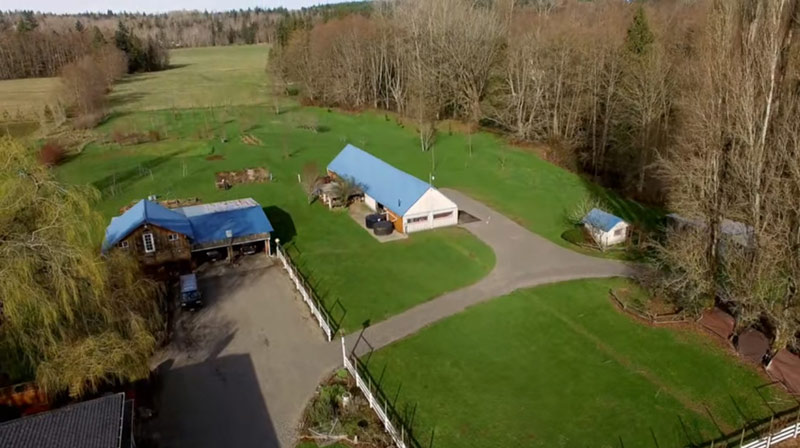
As it applies to beer and breweries, the term farmhouse is often used disingenuously. It’s a catchall for certain styles of beer, but the term farmhouse evokes images that are not always consistent with reality. There is nothing farm-like about a brewery tucked into a business park in a sprawling industrial suburb, but if it brews nothing but saison we are quick to apply the term farmhouse. Atwood Farm Brewery, on the other hand, brews its beers in a barn on a real, working farm where they grow and forage many of the ingredients in the beers. It does not get much more farmhouse than what Atwood is doing.
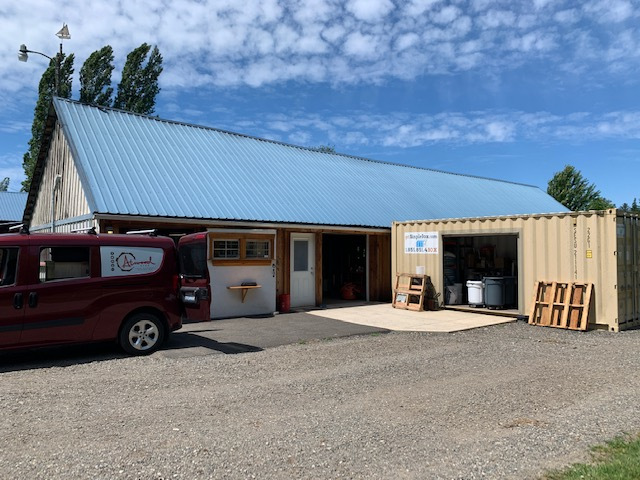
So, why did Josh Atwood Smith invite me out to his family’s farm? Well, beyond simply being hospitable, and knowing that I was going to be in the neighborhood, he wanted to share some news. At least it was news to me, so it is probably news to you as well.
What’s Changed on the Farm?
Glycol chiller. Jacketed fermenters. Yes, Josh is still producing farmhouse-style beers that rely on traditional methods, like fermentation temperatures controlled by nothing but Mother Nature; however, he recently acquired jacketed fermenters that help him control fermentation temperatures, which allows him to create beers that are, for lack of a better way of putting it, more mainstream.
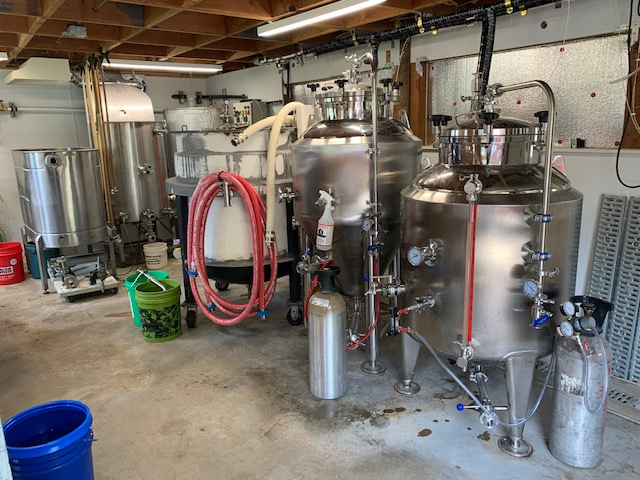
Josh says that as much as he loves rustic beers, he recognizes that the larger audience still craves mainstream beer styles, like his Natural Jogger Blonde Ale and his Zero Avenue Pale Ale. If he intends to grow his brewery business, which he does, offering beers that appeal to a wider swath of the beer-drinking public is probably a good idea. Make no mistake, the brewery’s beers will always have some farmhouse character. It is inevitable at this kind of brewery. Regardless of fermentation temperature, it is probable that at least some of the farmhouse funk will happily impact the beers in some small way.
Don’t freak out. Josh still intends to focus on the kinds of rustic beers for which he’s earned your esteem. Maybe we should think of his farmhouse-tinged mainstream beers as gateway beers, drawing less adventurous people into the farmhouse.
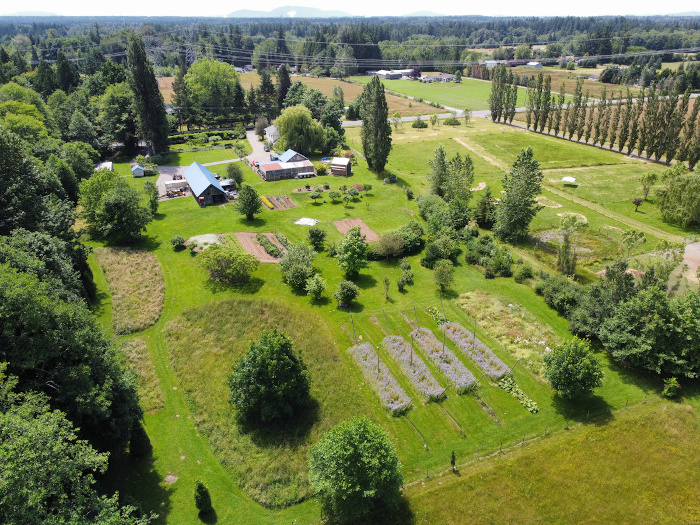
What’s Not Changing on the Farm
For now, Atwood Farm Brewery’s beers are available at select bottleshops and beer retailers from Seattle northward, across Snohomish, Skagit, and Whatcom counties. The usual suspects like Chuck’s, Teku Tavern, and The Beer Junction are good examples of where to look for Atwood’s beers around Seattle. Also, you will almost always find Atwood’s beer at the Bellingham Farmers Market.

Atwood Farm Brewery describes its beer as locally sourced and seasonally influenced. They grow their own berries, fruits, and herbs. The garden at Atwood is truly a beer garden, where they grow nettles, rosehips, and other stuff used in the beers. Potatoes? Okay, potatoes.
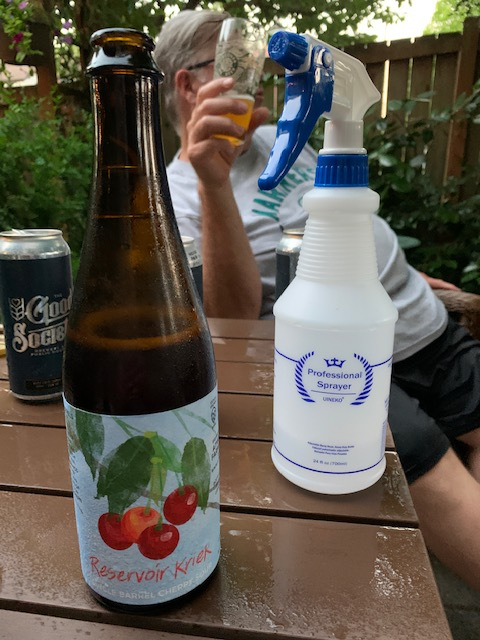
Beyond that, they source ingredients from other local growers, focussing on local products as much as possible. Malted grains from Skagit Valley Malting. Hops from the Fraser Valley, just 40 miles away in Canada. Atwood’s Oyster Stout makes use of oyster shells harvested at Drayton Harbor Oyster Company: the oyster beds are just two miles away from the farm.
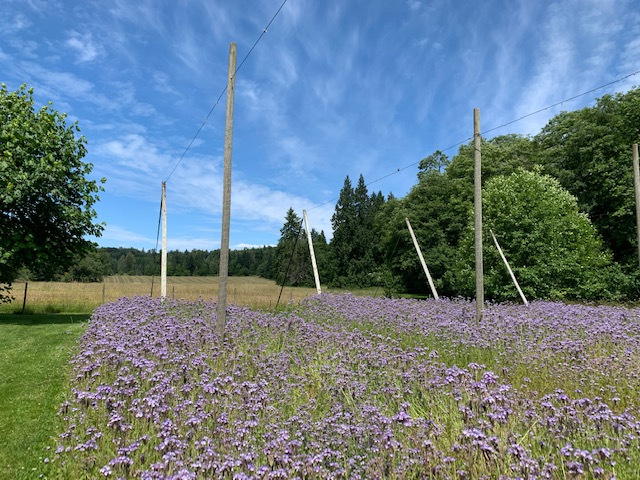
Atwood Farm Brewery even has its own hop yard and has brewed a number of beers using its estate-grown hops. When I visited, the trellises and guidewires were still up, but there were no hops. Instead, this year they’re growing a cover crop to help amend and nurture the soil. Josh explained that growing hops proved more difficult than he’d hoped, though he does intend to get back at it in the future.
My words and these pictures probably fall short of painting an entirely accurate or robust picture in your head. What Josh is doing at Atwood Farm Brewery is very uncommon in this part of the world. This is not a normal brewery.
The website includes a page dedicated to helping you find the beer. I strongly suggest you do that. Though the farm is not open to visitors, let the beer tell the story and paint the picture.



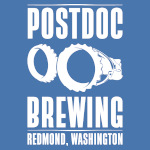


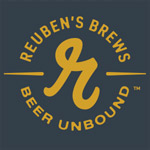



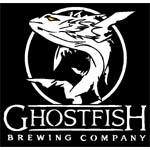

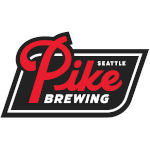

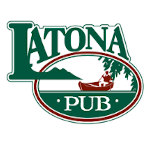

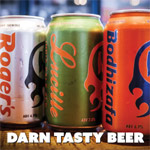
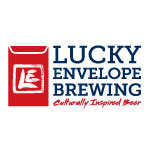
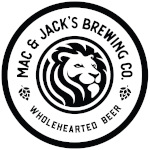

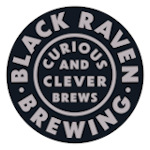













Very cool! Wish I lived closer so I could try some. Thanks for the article. Beau